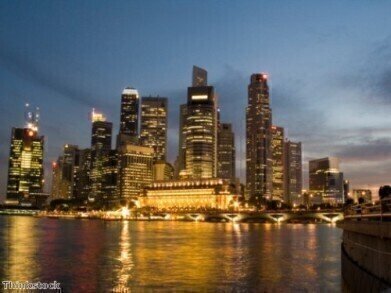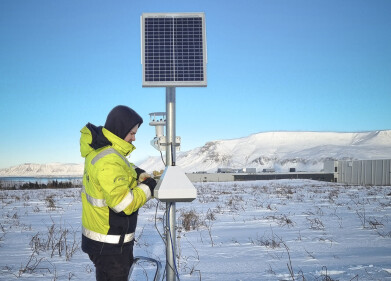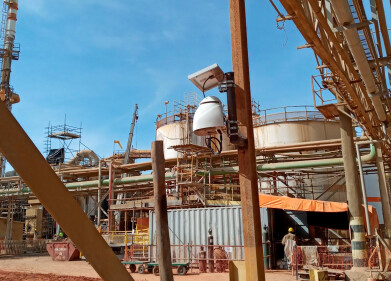-
 High air pollution levels could result in a loss of business and tourism in Singapore
High air pollution levels could result in a loss of business and tourism in Singapore
Air Monitoring
Indonesia's land clearance fires could mean bad business for Singapore
Jul 01 2013
Indonesia has said that the air pollution from a number of land clearance fires on the island of Sumatra has been drastically reduced. The fires are said to have been controlled in an effort to stop the worst air pollution levels seen in Singapore and Malaysia.
The fires have been vastly reduced by efforts from the Indonesian government, which including cloud-seeding - chemically inducing rain - alongside natural occurrences such as favourable winds and thunderstorms. The fires, and subsequent high levels of smog that affect neighbouring countries, are a yearly occurrence; although the air pollution levels have not been as high as they were last month in previous years.
It is feared that the dangerous levels of air pollution experienced this year will return in subsequent years, marring the clean reputation of Singapore. Singapore has become known as the ideal place for foreign companies due to its high quality of living, a good infrastructure and overall green identity. However, with the reality of the possibility that the high pollution levels may become a yearly problem companies may risk losses by investing in the city-state. Many businesses were unable to function and had to send employees home as the smog became worse throughout June.
Jonathan Galaviz, managing director of US company Galaviz and Company, said: "The long-term reputation of Singapore as a clean-environmental place to live is at risk if the problem gets worse every year and no solution is in sight."
Economists have estimated that if the high pollution levels were to become a regular occurrence each year it could result in a vast reduction in the city-state's tourism levels. The average daily arrival of international tourists currently stands at around 40,000 each day, which could suffer a marked decrease. It could also result in foreign companies choosing to move to other destinations.
Rajiv Biswas, chief Asia Pacific economist at IHS Global Insight, said to AFP: "If the haze escalates to hazardous levels for a protracted period, to the extent that a state of emergency is declared for an extended time, firms may consider shifting some essential operations to other international hubs."
Digital Edition
IET 34.2 March 2024
April 2024
Gas Detection - Biogas batch fermentation system for laboratory use with automatic gas analysis in real time Water/Wastewater - Upcycling sensors for sustainable nature management - Prist...
View all digital editions
Events
May 13 2024 Munich, Germany
May 15 2024 Lund, Sweden
May 15 2024 Frankurt-am-Main, Germany
May 20 2024 Columbus, OH, USA
May 21 2024 Lagos, Nigeria

















